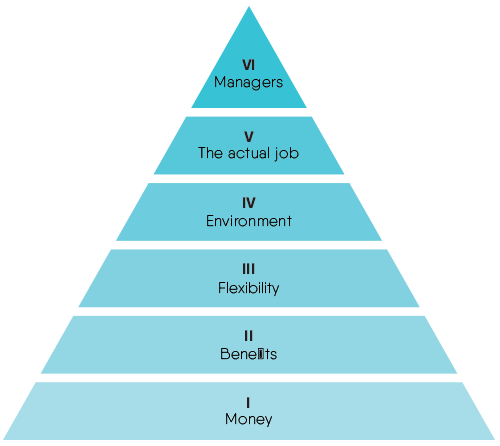If you know me, you know I really like social media. I’m a big fan of almost all platforms, but I definitely have my favorites. I like Snapchat for communicating, Twitter for entertainment, and Instagram to maintain an active profile. Everyone seems to have one or two platforms that they excel at, and Instagram is mine. My family always laughs when I ask them to get “candid” pictures for me in front of scenic backgrounds or cool landscapes, but I know what’s going to get the likes!
Last week, my Dad and I were talking about what the best follower to like ratio on Instagram is and it got me thinking. I know that a good ratio for me is on my personal account (about 30%), but it sparked my curiosity. Should accounts with tens of thousands of followers have a lower ratio of likes than accounts with only a few thousand? Should personal accounts have higher ratios than brand accounts? What is a “good ratio”? I conducted some research of my own to answer these questions.
I wanted to start out by looking at the difference between personal and brand accounts. The top 2 followed people on Instagram are Selena Gomez (140 million followers) and Cristiano Ronaldo (139 million followers). I looked at their last 10 posts and calculated that between 4-5% of their followers like each post.
| Account | Average Likes | Average Ratio |
| Selena Gomez (@selenagomez) | 5.65 million | 4% |
| Cristiano Ronaldo (@cristiano) | 6.43 million | 4.6% |
Next, I compared these to the top followed brand accounts. The top followed brands are National Geographic (90 million) and Nike (79 million). The ratios for these top followed brands was pretty significantly less than the most followed people, at .4% and 1.3%.
| Account | Average Likes | Average Ratio |
| National Geographic (@natgeo) | 374 thousand | .4% |
| Nike (@nike) | 1.06 million | 1.3% |
Now, most accounts aren’t going to have the millions of followers that these do, so I wanted to compare people and brands with more normal amounts. So, I compared my account to my favorite ice cream shop, Blake Slate Creamery.
| Account | Average Likes | Average Ratio |
| Cameron Sackett (@cameronsackett) | 419.6 | 27% |
| Blank Slate Creamery (@blankslatecreamery) | 132.4 | 7.7% |
This difference in ratios isn’t surprising to me. Instagram posts with faces get 38% more likes than posts without. Personal accounts are naturally going to have more posts with faces because people are going to show themselves on their accounts! Brands want to show their products/services and that can’t always involve an attractive person’s face.
To increase your engagement, it’s important to try and learn from these personal accounts. You want to post as many pictures/videos with people as the prominent focus. Selfies get the likes! But make it a good one, not some double chin mess 🙂
This post was written by Cameron Sackett (not Tim) – you can probably tell because it lacks grammatical errors!
HR and TA Pros – have a question you would like to ask directly to a Gen Z? Ask us in the comments and I’ll respond in an upcoming blog post right here on the project. Have some feedback for me? Again, please share in the comments and/or connect with me on LinkedIn.



 Level I – Money – cash!
Level I – Money – cash!